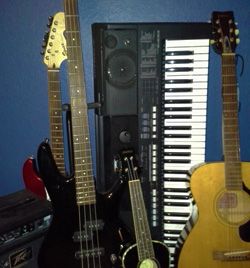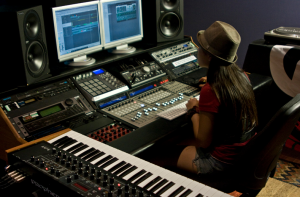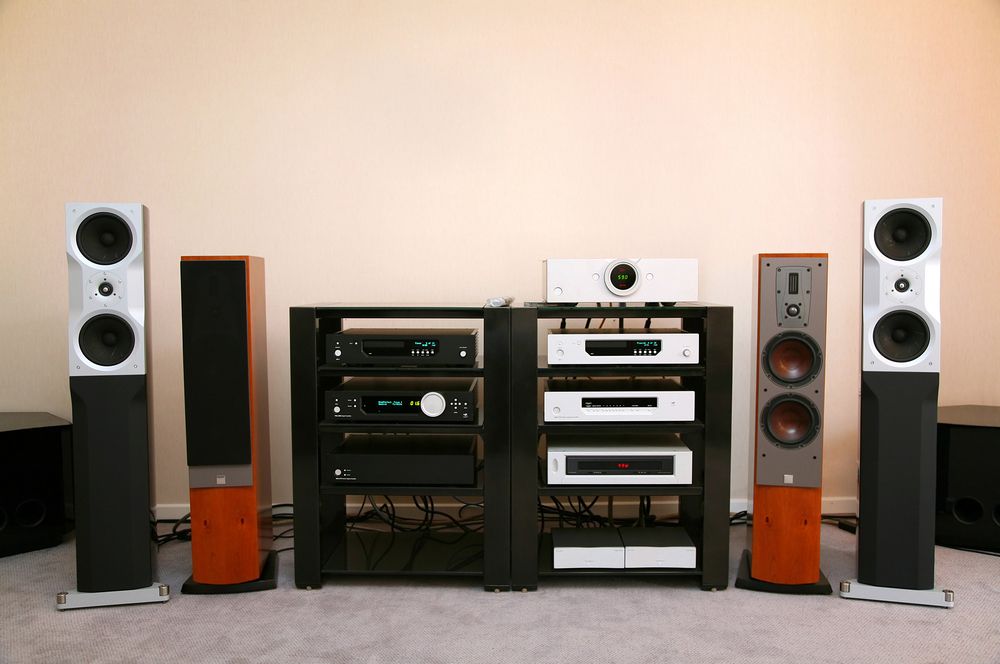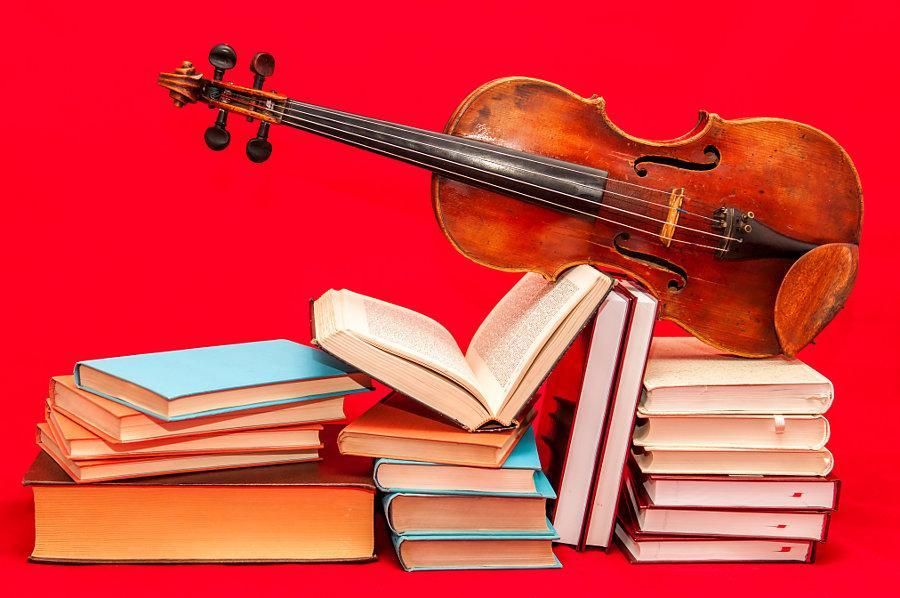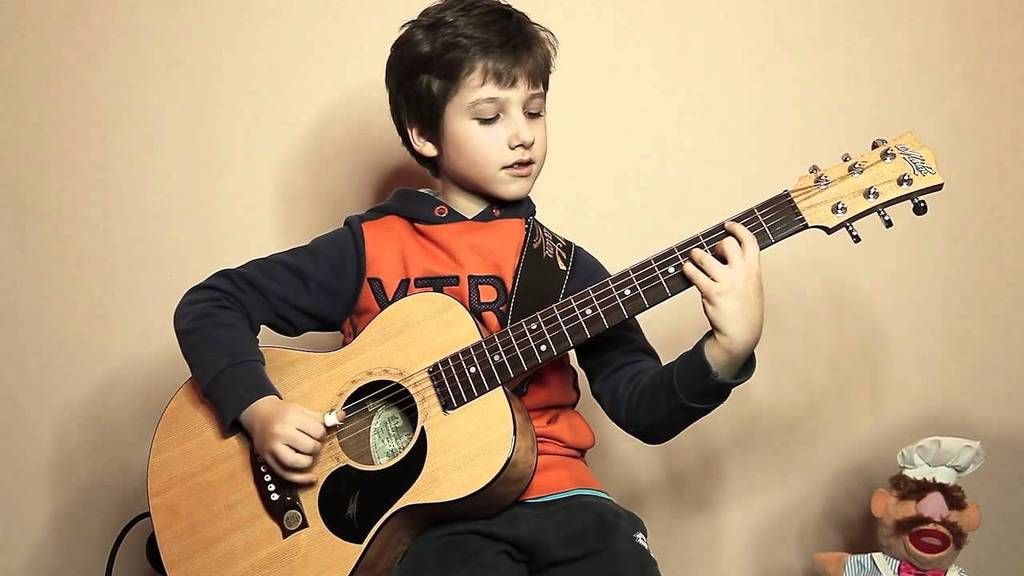Some musicians feel as if they must constantly learn new music. This is despite the fact that they might not be professional musicians.
This is for the reason that abandoning a music piece after you’ve just learnt it isn’t a good idea. Of course, you’ll miss the best part: mastering the piece and giving it your touch. This is the best part since you will make it yours!
Now, there’s nothing wrong with learning music. But it’s important to take the pieces that you’ve learnt to a whole new level. In other words, make one of them your signature or forever piece.
Which begs the question: What is a signature piece?
It’s a piece that you’ve learned well, have fallen in love with and enjoy playing for family and friends too. No matter what it is, you are ‘associated’ with the piece.
In fact, your friends and family might be reminded of you whenever they hear it. In some situations, they might even call it ‘your piece’.
One way to know to find out which is your signature piece is what you play whenever you’re near an instrument of your choice.
Alternatively, a forever piece has more value to a musician than merely for the purpose of performance. That piece will make you feel that its composer has written it for you.
In some sense, it brings happiness and peace into your Life while also being a piece that you will play often but never the same twice.
So, there should always be two pieces that musicians should always keep in mind. One, that you have confidence in performing and second, a piece that will give you comfort and peace when playing it.

